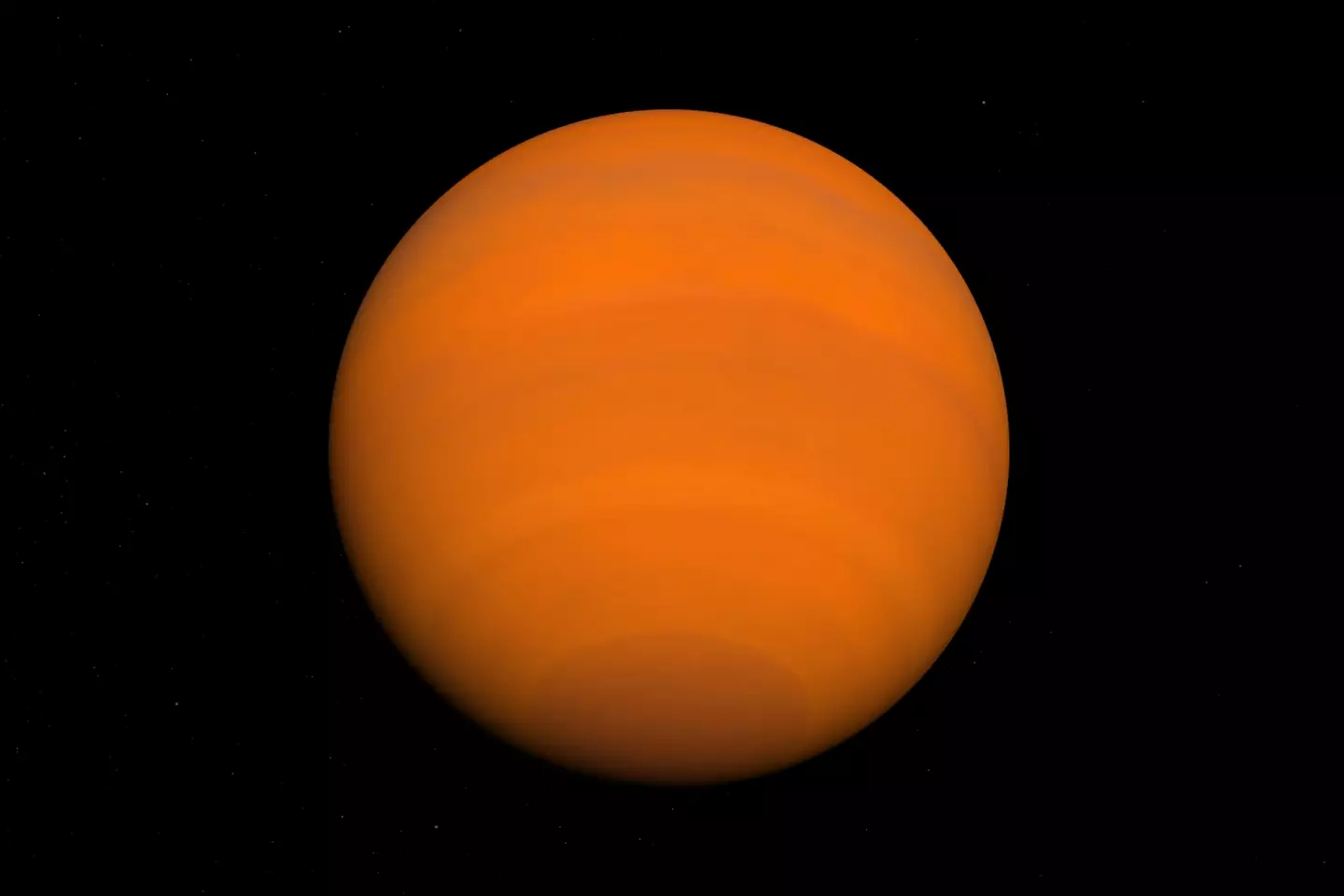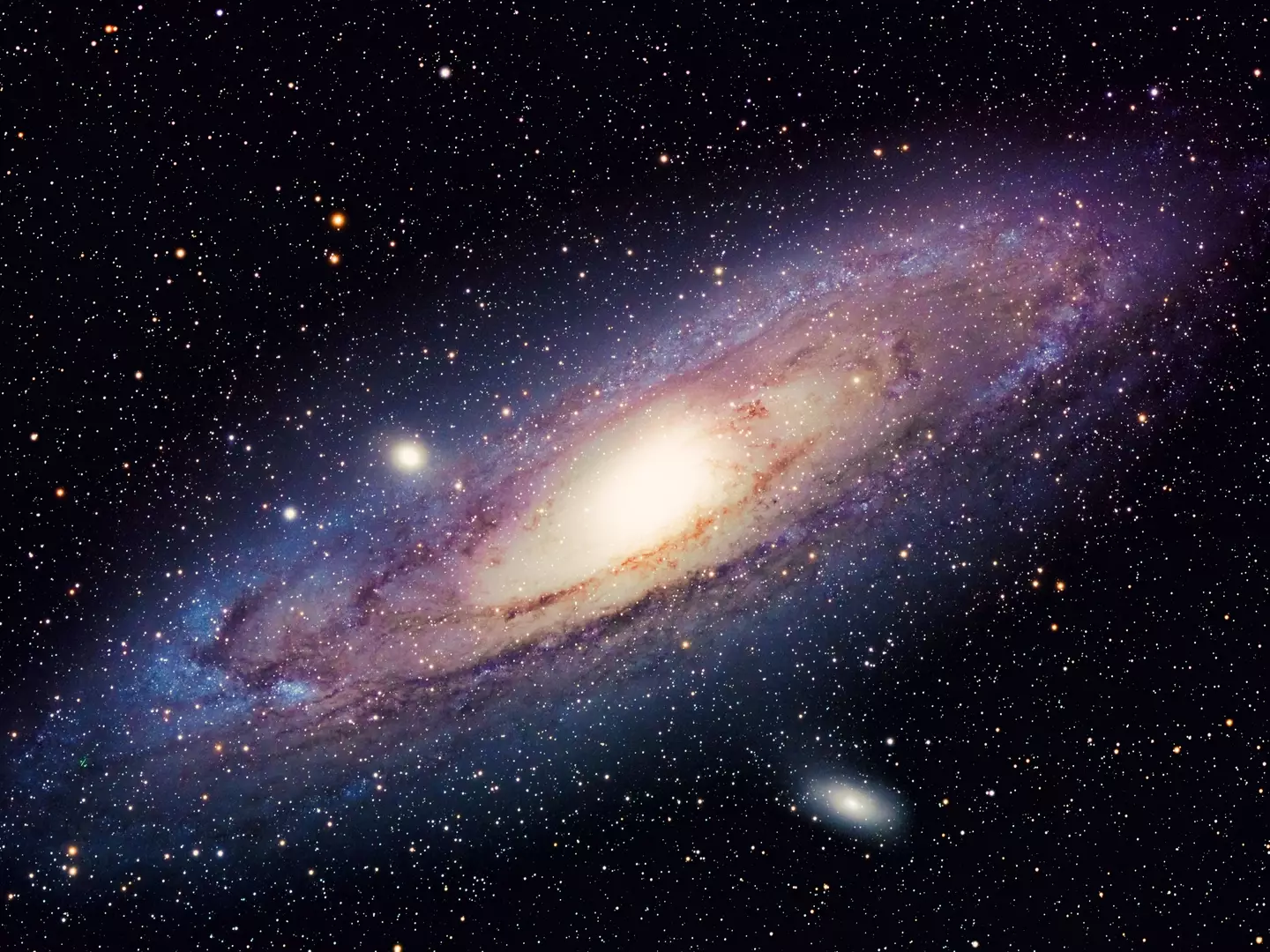
If you thought science fiction authors and showrunners were pretty good at coming up with wild ideas for planets to drop their heroes onto, you might be tempted to forget how amazing reality can be.
After all, scientists have just discovered a planet, bigger than our own giant Jupiter, seemingly as light and fluffy as candy floss itself.
That's not a loose interpretation, either - the researchers who found WASP-193b say that it is "basically super fluffy", as it's a planet with incredibly low density relative to its massive size.

Advert
They compared it to candy floss, with Julien de Wit, Professor at Massachusetts Institute of Technology (MIT) and co-author of the study, saying: "The reason why it's close to cotton candy is because both are pretty much air."
A new study showing off a heap of research about the planet indicates that it's probably made up of primarily hydrogen and helium gasses, and it takes its place as the second least dense exoplanet we've ever found.
Unlike the planet in first place, though, it's huge - and that makes it very interesting, as scientists try to figure out how it works and what has led to its incredibly lightweight existence.
Some researchers theorize the planet is so light that it could float on water, just to underpin the scale that we're talking about here.
Advert
The discovery was something of a surprise, too - after more than one telescope detected the planet, all researchers knew at first was its rough size, since they could tell how much light it blocked. Only upon taking a much closer look were they able to detect its mass and density, revealing its secret.

Studying it in detail will seemingly help us figure out more about the processes that unfold as planets form, and we've already had a year since it was discovered to learn more about it.
WASP-193b is around 1,200 light-years away from Earth, orbiting around a star that isn't too dissimilar to our Sun, apparently, and scientists have theorized that this star's heat plays a big part in the atmospheric conditions of the planet.
Advert
Still, though, there's a lot left to work out about it, and crucially, according to Francisco Pozuelos, an astronomer at the Institute of Astrophysics of Andalusia: "We cannot explain how this planet was formed".
So, it could be that it takes a few more years of detailed analysis until we form more theories about the history of this light gas giant.